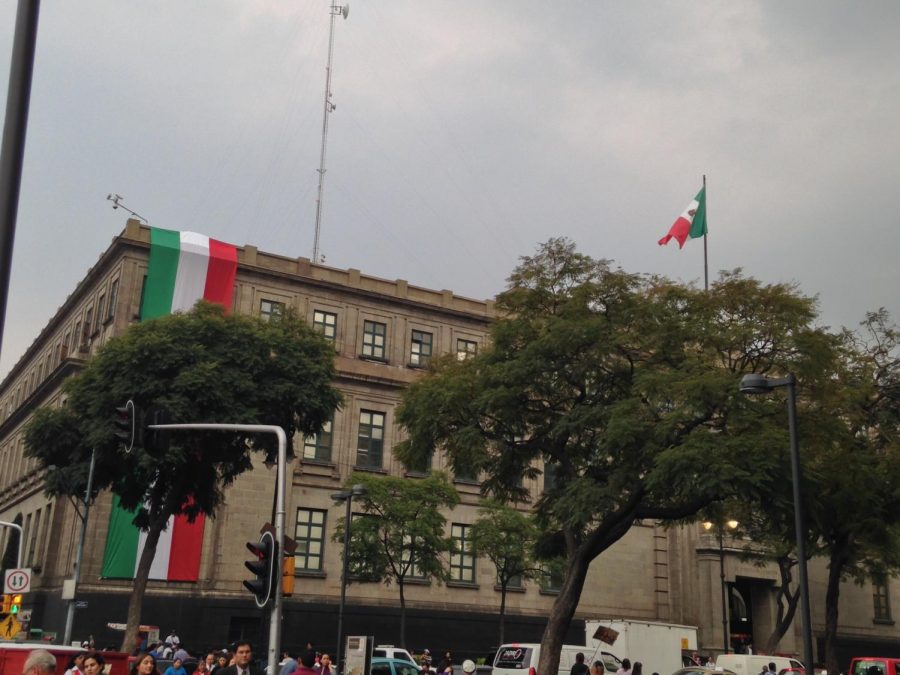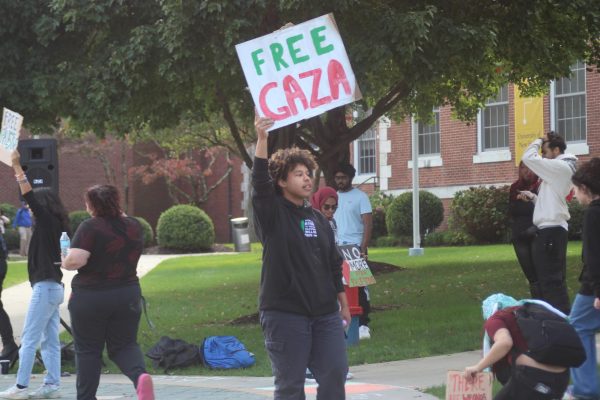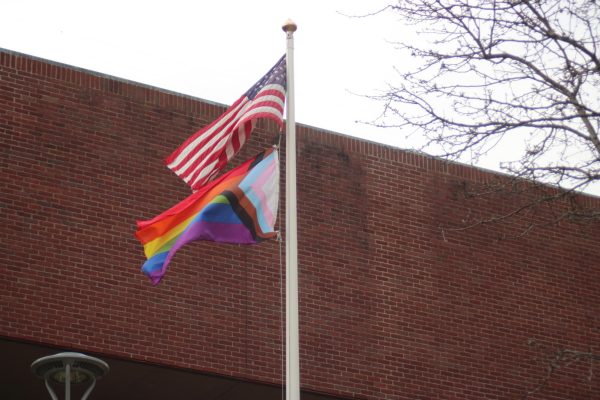Mexico Supreme Court rules that criminalizing abortion is “unconstitutional”
The Mexican Supreme Court declared on Tuesday that criminalizing abortion is unconstitutional, establishing a precedent that might lead to the procedure’s legalization across the conservative Catholic country of 130 million people.
A statute in northern Coahuila state that imposed up to three years in jail for women who had illegal abortions or anyone who assisted them was declared unlawful by 10 supreme court judges. During the voting period, the 11th judge was not present. The decision is dependent on other states, according to the Washington Post.
According to the New York Times, feminist groups celebrated the decision, allowing Mexico to become the most populated Latin American country to allow abortion, while conservative lawmakers and the influential Catholic Church were disappointed.
“Today is a historic day for the rights of all Mexican women,” Mexican Supreme Court Chief Justice Arturo Zaldívar said after votes were cast. “It is a watershed in the history of the rights of all women, especially the most vulnerable.”
The decision comes as Texas prepares to adopt legislation that prohibits abortions after six weeks of pregnancy. At least seven Republican state governors are contemplating following suit. According to the Guttmacher Institute, more abortion restrictions were passed in 2021 than in any other year since 1973’s “Roe v. Wade” ruling by the U.S. Supreme Court that effectively legalized abortion.
According to the New York Times, the ruling does not make abortion legal in Mexico but creates a precedent for courts across the nation. Abortion rights campaigners said they expected to use the judgment to challenge the legislation in the vast majority of Mexican states that require women who undergo the procedure to serve time in prison or face other criminal consequences.
Women arrested for abortion can sue the state to have the charges dismissed, said the New York Times. Activists are also seeking to push state officials to release women who are currently serving time in jail for having abortions.
“Now begins a new path of freedom, of clarity, of dignity and respect for all pregnant people, but above all, for women,” said Zaldívar about the ruling. “Today is one more step in the historic fight for their equality, for their dignity and for the full exercise of their rights.”

Amanda is a senior majoring in communication with a concentration in journalism, and a double minor in political science and English. She has been involved...






